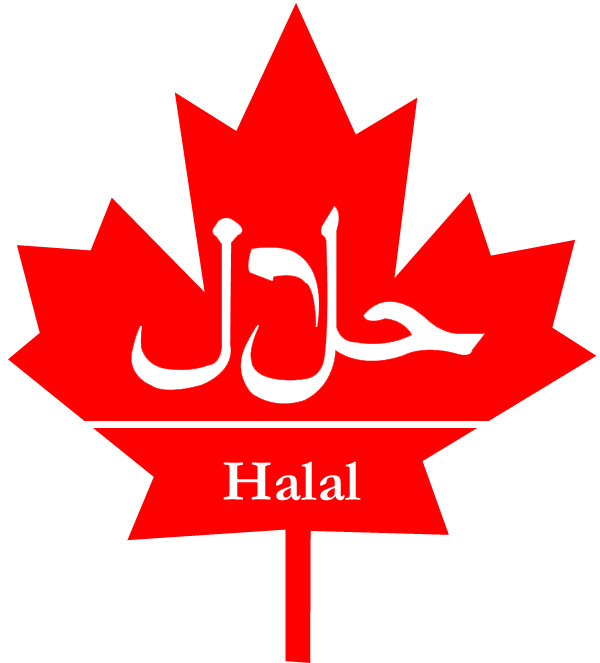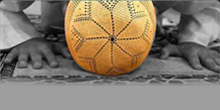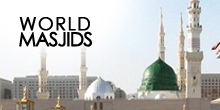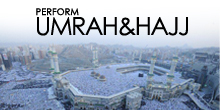FACT #1
Even if we wanted to, we couldn’t count the blessings of Allah. An obvious blessing is the day of Jumu’ah (congregational prayer for Muslims). Friday is called Jummah. The Messenger of Allah (peace and blessings be upon him) said: “The best day the sun rises over is Friday. On it Allah created Adam. On it he was made to enter paradise, on it he was expelled from it, and the Last Hour will take place on no other day than Friday.”
[Ahmad and At-Tirmidhi].
FACT #2
“It was named Jumu’ah because it is derived from the word Al-Jam’ in Arabic which means to gather, as Muslims gather on this day every week, and Allah has commanded the believers to gather for His worship, as He says that which means: “Oh you who believe! When the call is proclaimed for Jumu`ah (Friday prayer), come fast to the remembrance of Allah.”
(meaning be keen to go and attend it)
[Quran 62: 9]
FACT #3
The congregational prayer (Jumu’ah prayer) is one of the obligatory acts in Islam and one of the great gatherings of Muslims. The angels sit in wait for the arrival of people.
Prophet Muhammad (peace and blessings be upon him) said: “On the day of Jummah, the angels stand at the entrance of that masjid in which Jumuah salat is to be offered. They write down the name of the person who enters the masjid first, and thereafter the name of the person who follows, and they continue doing this. The person who entered first will receive the reward of sacrificing a camel in the path of Allah; the one who followed him will get the reward of sacrificing a cow, thereafter a chicken, thereafter the reward of giving an egg as charity in the path of Allah.Once the khutbah commences, the angels close the register and begin listening to the khutbah.”
[Bukhari and Muslim]
FACT #4
The day of Jumu’ah includes an hour during which all supplications are accepted. Abu Hurayrah, narrated that the Messenger of Allah (peace and blessings be upon him), said: “On (the day of) Jumu’ah is an hour during which Allah gives to a Muslim servant standing in prayer whatever he asks for.”
[Bukhari and Muslim]
FACT #5
Giving your charity on Jummah carries more virtue than other days. Ka’b, narrated that Prophet Muhammad (peace and blessings be upon him) said, “Charity given during the day of Jumu’ah is greater (in reward) than any other day.”
FACT #6
Believers in Allah will see Allah on Jummah.
FACT #7
It is an Eid for muslims. This holiday happens regularly and frequently. Ibn Abbas, narrated that the Messenger of Allah (peace and blessings be upon him) said, “Jumu’ah is a day of celebration, so whoever attends it should perform ghusl beforehand.”
[Ibn Majah]
FACT #8
It is a day on which sins are forgiven.
Salman narrated Prophet Muhammad (peace and blessings be upon him) said, “Any man who performs ghusl on Friday, perfumes himself if he has perfume, wears the best of his clothes, then goes to the mosque and offers as many prayers as he wishes while not harming anybody, then listens quietly while the Imam speaks until he offers the prayer, will have all his sins between that Friday and the next forgiven.”
[Al Bukhari]
FACT #9
When walking to attend the Friday sermon, a Muslim gets the reward of both praying qiyam (the night prayer) and fasting a full year. Aws ibn Aws narrated Prophet Muhammad (peace and blessings be upon him) said, “Whoever performs ghusl on Friday after having sexual intercourse with his wife, then goes early to the mosque and attends from the beginning of the khutbah and draws near to the Imam and listens to him attentively, Allah will give him the full reward of fasting all the days of a year and observing night-vigil on each of its nights for every step that he took towards the mosque.”
[Ahmad]
FACT #10
Dying on Friday, during the day or night, is a sign of a good end. Allah The Almighty will enable the person to be steadfast during it. Prophet Muhammad (peace and blessings be upon him) said, “Any Muslim who dies during the day or night of Friday will be protected by Allah from the trial of the grave.” [At Tirmidhi and Ahmad]
SUBHANALLAH!!!
Please Share ……Spread the knowledge so it will be Sadqa-e-Jaaria (everlasting charity) for you and for us… In’Shaa’Allah.
The Messenger of Allah (peace be upon him) said: “Whoever directs someone to a good, then he will have the reward equal to the doer of the action.” [Muslim 1893]
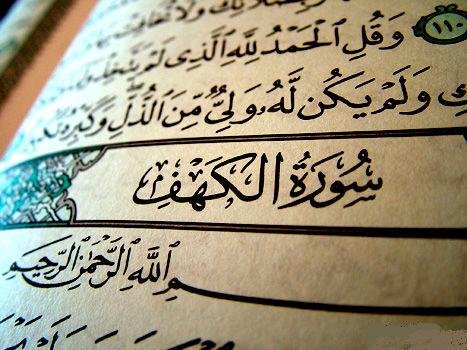 From Abu Sa’eed al-Khudri, who said: “Whoever reads Surah al-Kahf on the night of Jumu’ah, will have a light that will stretch between him and the Ancient House (the Ka’bah).”(Narrated by al-Daarimi, 3407. This hadeeth was classed as saheeh by Shaykh al-Albaani in Saheeh al-Jaami, 6471)
From Abu Sa’eed al-Khudri, who said: “Whoever reads Surah al-Kahf on the night of Jumu’ah, will have a light that will stretch between him and the Ancient House (the Ka’bah).”(Narrated by al-Daarimi, 3407. This hadeeth was classed as saheeh by Shaykh al-Albaani in Saheeh al-Jaami, 6471)
